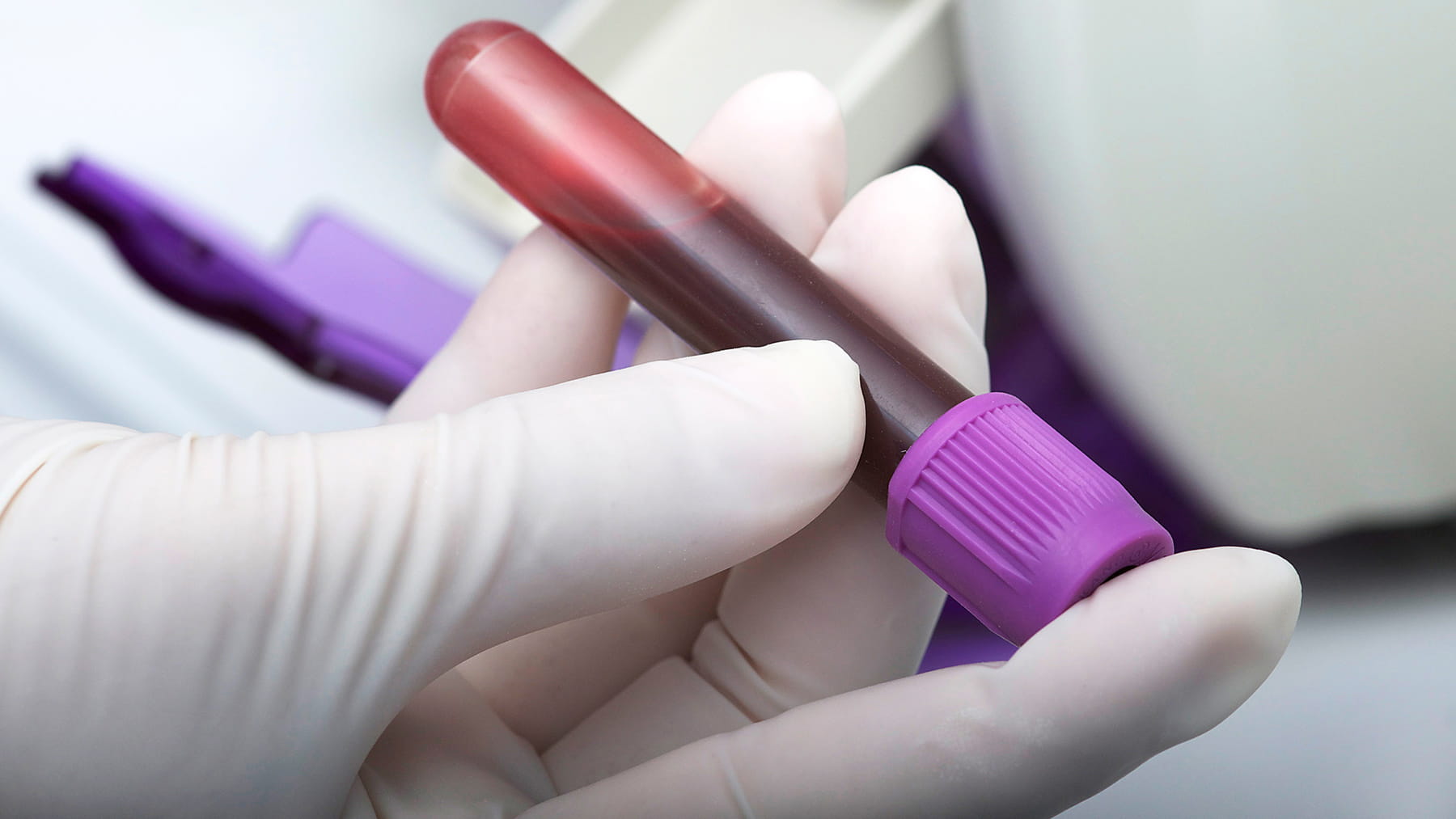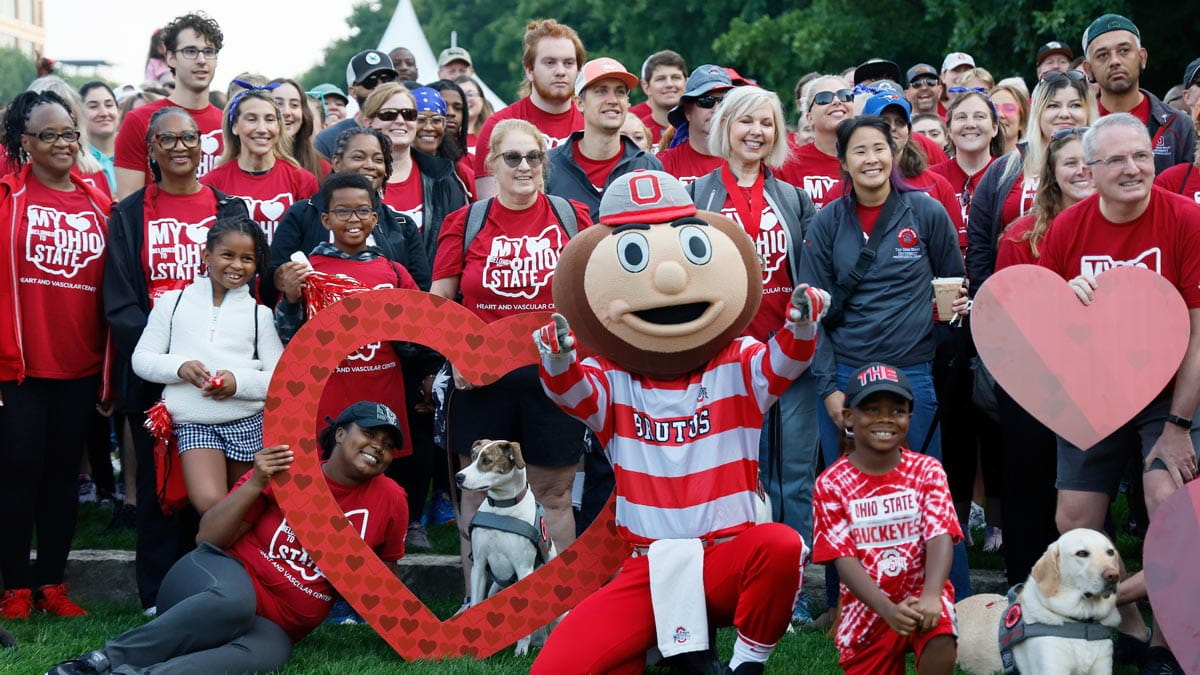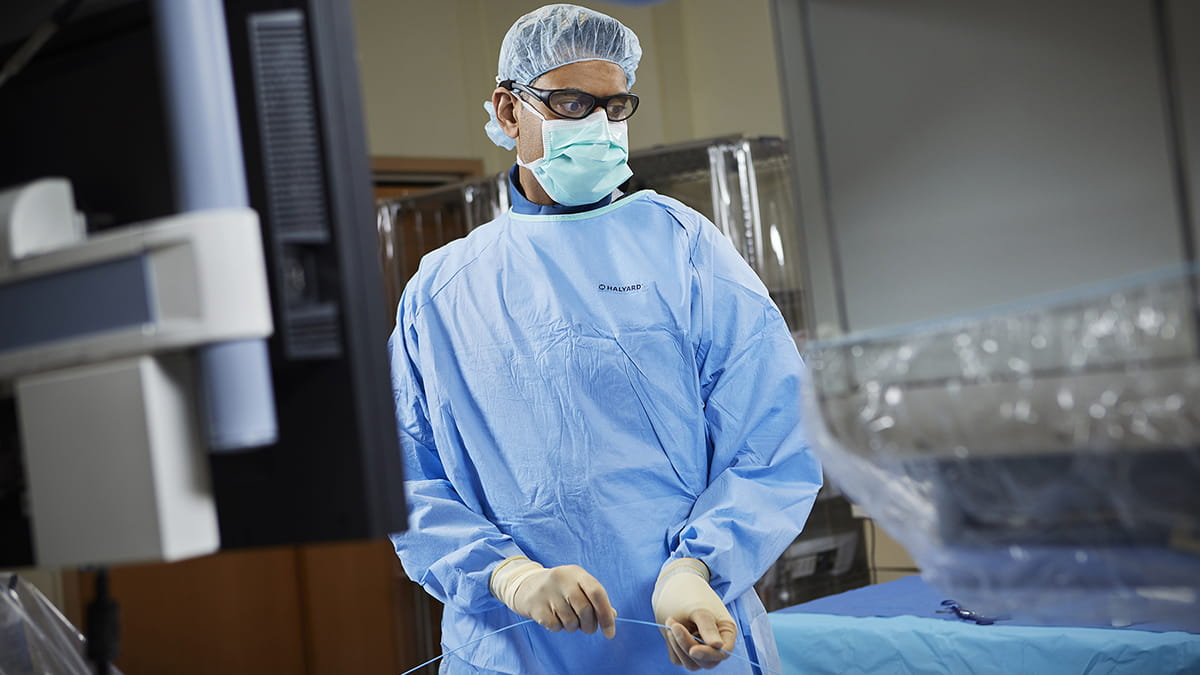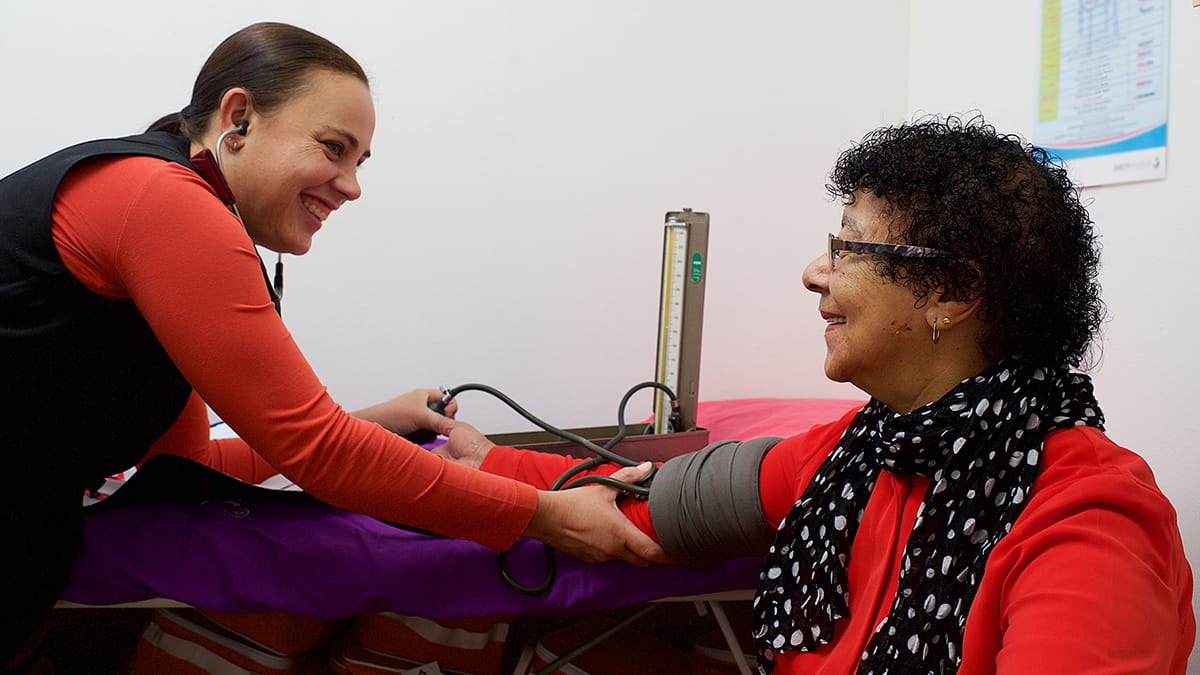How to lower your cholesterol
 If you’ve recently been told your cholesterol is getting a little high, there are several ways to get it back under control and reduce your risk for heart disease.
If you’ve recently been told your cholesterol is getting a little high, there are several ways to get it back under control and reduce your risk for heart disease.First, it helps to understand what cholesterol is – the good and the bad. Cholesterol is an essential lipid, or fat-related substance, that’s needed for certain cell and tissue functions in the body. When there’s too much cholesterol, it can accumulate in our blood vessels. The immune system knows it shouldn’t be there and tries to attack it. As this continues over years, plaque builds up in the vessels. Eventually it can narrow blood flow or cause a blood clot, leading to a heart attack or stroke.
The two main types of cholesterol measured are low-density lipoprotein (LDL) and high-density lipoprotein (HDL). LDL is considered ‘bad’ because it’s predictably associated with heart disease risk, while HDL is ‘good’ because it helps the body remove accumulated cholesterol.
The first step in being able to lower your cholesterol is to know your numbers. For most people, a total cholesterol below 200 mg/dL is ideal. The LDL should be below 100 mg/dL, or below 70 for those with known coronary heart disease. The HDL should ideally be above 50 mg/dL for women and above 40 for men.
Natural remedies
There are natural ways to help bring your cholesterol numbers in line – starting with diet and exercise. Moderate exercise that raises your heart rate for 150 or more minutes per week can lower LDL about 5 percent – even more when the exercise produces weight loss.
Diet is a key factor that influences cholesterol levels. Saturated fat drives the body to make LDL cholesterol. Cutting red or fatty meats, cheese, butter, ice cream and tropical oils (coconut and palm) and replacing them with lean proteins (legumes, lean poultry and fish) and plant-based polyunsaturated oils (e.g. canola, olive, sunflower, flaxseed) can have a big impact. Personally, I use grapeseed and walnut oil at home.
It can also help to eat more soluble fiber. This fiber forms a gel when mixed with water, and it can prevent cholesterol from being re-absorbed into the blood. Common examples of soluble fiber foods include beans, avocados, sweet potatoes, broccoli, pears, carrots, apples, oats and barley.
Plant sterols and stanols are also effective. These work by reducing cholesterol absorption from the intestine. Foods such as wheat germ, wheat bran, peanuts, vegetable oils and almonds have plant sterols/stanols. However, it can be tough to get enough from food to reduce cholesterol. Some food products contain added plant sterols/stanols, and they’re also available as supplements.
Speaking of supplements, there are many products people take in hopes of lowering cholesterol without a prescription medication. Some of these are probably safe, though with unknown or modest effect. These include extracts of berberine, artichoke, garlic or green tea. Fish oil does have cardiovascular health benefit for some people. I caution patients to check the amount of actual omega-3 substance (DHA and EPA) present in the dose. Many products have less DHA/EPA than is needed to produce health benefits. Supplements generally provide a small effect on your health, and many have no proven heart health benefit, compared to well-established prescription medications.
I don’t recommend red yeast rice extract. It has a substance identical to lovastatin, a prescription medication for cholesterol. Unlike prescription drugs, supplements and nutraceuticals aren’t rigorously measured or regulated. There’s too much potential for wide variation in dosing and contaminants, some of which can be toxic to the liver.
I also don’t recommend coconut oil for cholesterol. While many claim it is a ‘super food,’ it’s mostly saturated fat, which actually raises bad cholesterol.
Be sure to ask your doctor or pharmacist about all over-the-counter remedies or supplements you’re considering.
Medication
There are many classes of prescription medications to treat high cholesterol, a few of which I will introduce. Statins are the most well established medications that lower LDL by reducing cholesterol production. They are the first-line treatment for those with high cholesterol or known heart disease. Some statins are able to lower cholesterol by more than half. People with certain risk factors, such as diabetes, tobacco use, high blood pressure, family history or evidence of plaque disease, also benefit from starting statins.
A small number of people may experience statin associated muscle pain, but it’s been my experience that patients can usually try a different statin at a lower dose and tolerate it well. Some patients are concerned about liver damage, but that’s largely a misconception. While statins can cause a slight increase in liver enzymes seen on lab tests, we’re seeing evidence that they actually protect the liver from certain diseases such as non-alcoholic fatty liver disease and some other types of cirrhosis.
Sometimes non-statin medications, such as ezetimibe, are used in conjunction with statins to provide additional cholesterol lowering benefit. They help the body get rid of excess cholesterol.
A newer class of medications is called PCSK9 inhibitors. They’re antibody drugs that improve the way LDL is removed by the liver, and they’re very effective. Treatment with one of these medications (alirocumab or evolocumab) can reduce LDL cholesterol by about 60 percent. These medications are injected every two to four weeks. Due to their high cost, we typically reserve using these drugs for patients with established heart or other vascular disease or a severe form of high cholesterol that runs in families, called familial hypercholesterolemia. For these patients, traditional approaches to reduce cholesterol may not be enough.
Your primary care physician can help you manage high cholesterol. However, if you’re having trouble getting your numbers into optimal range, consider asking your doctor whether seeing a lipid specialist would help. In our Cardiovascular Risk Reduction and Lipid Clinics, we use advanced lipid testing, help patients find the right medications for them and design individualized plans to help them meet their health goals.
Wesley Milks is a cardiologist, clinical lipidologist and assistant professor at The Ohio State University Wexner Medical Center.




